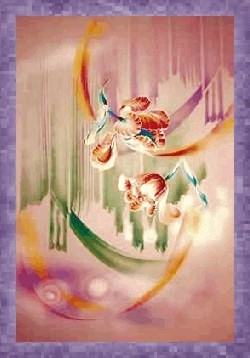 fights
our battles for us or under whose shield we fight, the charioteer, the pilot of our ways. And here we come at once
to a closer intimacy; he is the comrade and eternal companion, the playmate of the game of living.
fights
our battles for us or under whose shield we fight, the charioteer, the pilot of our ways. And here we come at once
to a closer intimacy; he is the comrade and eternal companion, the playmate of the game of living.OUR RELATIONSHIP WITH GOD
He is the friend, the adviser, helper, saviour in trouble and distress, the defender
from enemies, the hero who fights
our battles for us or under whose shield we fight, the charioteer, the pilot of our ways. And here we come at once
to a closer intimacy; he is the comrade and eternal companion, the playmate of the game of living.
fights
our battles for us or under whose shield we fight, the charioteer, the pilot of our ways. And here we come at once
to a closer intimacy; he is the comrade and eternal companion, the playmate of the game of living.
In proportion as the partial lights of the mind become transformed into lights of gnosis, in whatever slighter or greater degree that may happen, we feel it as a transformation of our mentality into his and more and more he becomes the thinker and seer in us. We cease to think and see for ourselves, but think only what he wills to think for us and see only what he sees for us. And then the teacher is fulfilled in the lover; he lays hands on all our mental being to embrace and possess, to enjoy and use it.
Obedience is the sign of the servant, but that is the lowest stage of this relation, dãsya. Afterwards we do not obey, but move to his will as the string replies to the finger of the musician. To be the instrument is this higher stage of self-surrender and submission. But this is the living and loving instrument and it ends in the whole nature of our being becoming the slave of God, rejoicing in his possession and its own blissful subjection to the divine grasp and mastery.
If human will could be made one with God's,
If human thought could echo the thoughts of God,
Man might be all-knowing and omnipotent;
But now he walks in Nature's doubtful ray.
Yet can the mind of man receive God' light,
The force of man can be driven by God's force,
Then is he a miracle doing miracles.
For only so can he be Nature's King.